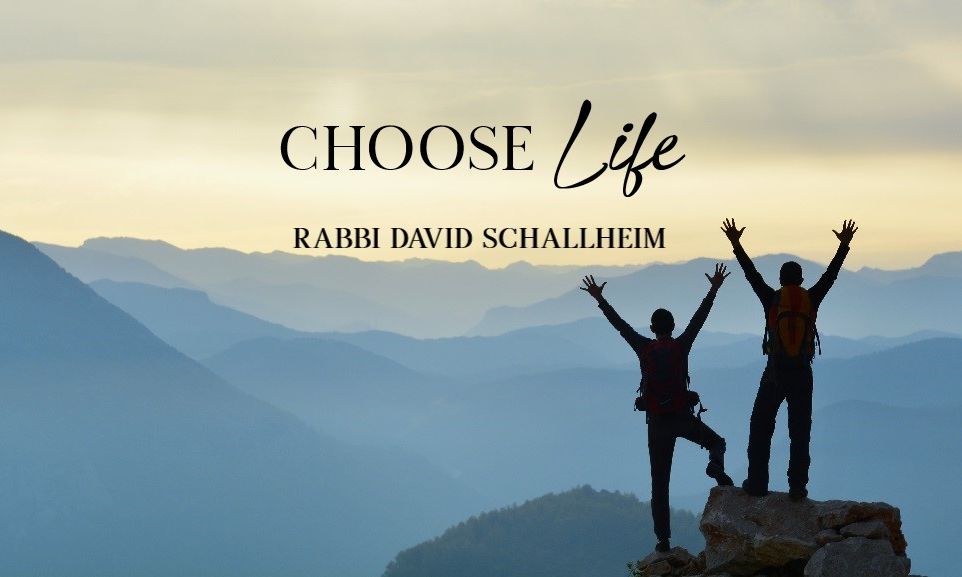
Nitzavim-Vayelech: Choose Life
The poor, lonely neshama, distant from its Heavenly Source, has nothing from this physical world to encourage its growth and development....

Body and Soul
“See – I have placed before you today the life and the good, and the death and the evil… Choose life” (Devarim 30:15,19).
The Ramban comments: “Moshe furthermore exhorted them, to inform them that they have two paths, and they may go in whichever one they choose. Nothing prevents them or holds them back, not from the lower worlds, and not from the upper worlds” (Devarim 40:15).
The ability and responsibility to choose between good and evil is unique to man. In Oznaim L’Torah, Rabbi Zalman Sorotzkin raises a fascinating problem in understanding the concept of free will. We are composed of two opposites, the body and the soul. The body desires the physical pleasures, and the yetzer hara, man’s evil inclination, encourages these aspirations; it entices a person to devote his existence to pursuing every imaginable pleasure. On the other hand, the neshama, the breath of life that God breathed into us, is assisted by the yetzer hatov, the good inclination, and aspires towards spiritual growth. This side of a person is repulsed by the enjoyments of the physical world.
We are in a continuous battle, the battle of the spirit against materialism. The environment around entices us towards materialism. The yetzer hara presents the worldly attractions on a silver platter, regardless of whether they fit in with the Torah’s laws or not.
The poor, lonely neshama, distant from its Heavenly Source, has nothing from this physical world to encourage its growth and development. Nothing in this world comes to its aid in the battle with materialism. The yetzer hatov is like an empty handed salesman, with no wares to show his costumers. Promises of the World to Come and intellectual realizations of reality seem hollow in the face of a raging sea of instant gratification. How can the neshama possibly overcome the yetzer hara?
If we were to live in Heaven, where the spirit rules, we would lose our free will. The absolute clarity of the World of Truth would give complete power to the neshama, and like the angels, we would have no free will with which to do bad. If we are either overwhelmed by materialism (in this world) or by a pristine spiritual environment (in the next), how can the Torah talk about free will?
Free will can only exist in an environment where the enticements of the physical and spiritual worlds, Heaven and earth, are balanced. Only then could a person be punished for incorrect choices and rewarded for making the correct decisions. As long as we are encompassed by a material existence, how does it make any sense to speak of free will? How can the Torah command us: “Choose life” (Ibid. 19), which means to choose the eternal, spiritual life of the neshama?
The Light of Hashem
Hashem, however, never makes unreasonable demands on a person. We are never commanded to do something that is beyond our capabilities. Therefore, when Hashem created the yetzer hara, that aspires to actualize every physical desire of this world, He also created an antidote to the harmful effects of the yetzer hara.
This antidote is the Torah. Through learning Torah we bring the Shechinah, the Divine Presence, into this world and illuminate the neshama with the light of Hashem, giving it the power to do battle with materialism (Kiddushin 30b).
Thus, we always have free choice, even in the overwhelmingly material existence of this world. We can strengthen our good side by learning Torah and thereby enable our neshama to overcome the yetzer hara. Learning Torah brings the Shechinah down into our corporal selves. Our neshama cleaves to its Maker and becomes sanctified with Divine Holiness. This brings life and strength to the neshama, as it senses the ‘quarry of its Source.’
“Hashem’s Torah is perfect, restoring the soul” (Tehillim 19). Someone who learns Torah restores life to his soul, giving him strength to rule over the body and its desires.
Before Moshe exhorted the people of Israel with the command: “Choose life,” he reminded them: “For this commandment which I command you this day, is not concealed from you, nor is it far away. It is not in Heaven, that you should say, ‘Who will go up to Heaven for us and fetch it for us, to tell it to us, so that we can fulfill it?’ Nor is it beyond the sea, that you should say, ‘Who will cross to the other side of the sea for us and fetch it for us, to tell it to us, so that we can fulfill it?’ Rather, this thing is very close to you; it is in your mouth and in your heart, so that you can fulfill it” (Ibid. 30:12-14).
“It is not in Heaven” – It is possible to observe the commandments even if we are not in a pristine spiritual state.
“And it is not across the sea” – We can keep the Torah even if we are close to the sea of earthy desires.
“Rather, this thing is very close to you; it is in your mouth and in your heart, so that you can fulfill it” – It is ‘in our mouth’ – we need only learn Hashem’s Torah and mention the Name of God, and then we will have the ability to observe the entire Torah.
The Antidote
The Talmud asserts that Torah is the antidote to the yetzer hara.
“The Rabbis taught: ‘And you shall place these words upon you hearts and upon your souls’ (Devarim 11:18). The word ve’samtem, and you shall place, can be understood to mean a sam tam, a perfect elixir, that needs no other additives. The Torah is compared in this verse to an elixir of life.
“This can be compared to a man who struck his son with a mighty blow, and placed a bandage on the wound. He told him: ‘My son! As long as you wear this bandage on your wound, you may eat and drink whatever you wish, and bathe in hot or cold water, and you need not fear that perhaps the food or the bathing will harm the wound, because the bandage protects you. But if you take it off the wound will become infected.’
“Thus the Holy One told the people of Israel: ‘My sons! I created the yetzer hara, and I created the Torah as an antidote against it. If you will occupy yourselves with learning Torah you will not be under the control of the yetzer hara… But if you do not learn Torah, you will be turned over to his control” (Kiddushin 30b).
The ‘wound’ in the parable is the yetzer hara that Hashem created as part of our nature, and learning Torah is the ‘bandage’ that protects us from transgression. As long as we learn Torah, we won’t fall into transgression, even if we enjoy the pleasures of this world, as the parable notes: “You may eat and drink whatever you wish.” However, without learning Torah someone is doomed to transgress (Maharshah, Etz Yosef).
The Talmud calls the Torah, the antidote, a tavlin, which literally means a spice. Spices add flavor to our food or bring out the special taste of the dish, in the same way that Torah learning rectifies the worldly pleasures, by enhancing the neshama, so that they will not bring us to transgression (Iyun Yaakov). Someone who makes the effort can reach the level where he rectifies and sanctifies all the bodily pleasures, as the Sages said: “A man’s table atones for him” (Sefer HaMikneh).
The Mesilat Yesharim writes: “It is obvious that if the Creator created this cure [the Torah] for this wound [the yetzer hara], then there is absolutely no other cure for it, and anyone who thinks he can be saved in any other way is terribly mistaken” (Chapter 5).
Our Father in Heaven
A question remains, however. The parable speaks of a father who struck his son with a mighty blow. What kind of father wounds his son and then gives him a miraculous bandage? Wouldn’t we be better off without the wound and without the bandage?
In fact, the Sages were very precise when they spoke specifically of a father who wounds his son. Our loving Father in Heaven created us in order to give us the greatest possible good, and that is possible only if we have free will to choose that good for ourselves. Without free will we would be like robots, and what accomplishments do robots have in making the right choices?
Free will can only exist if there is a real choice, a choice between the body and the soul, between the yetzer hara and the yetzer hatov. Therefore, in His desire to give us the greatest possible good, Hashem gave us the “mighty blow,” and created us with the yetzer hara. However, in His all-encompassing love, He gave us the Torah, the instructions of how to use the world and make the most of it. Learning the Torah provides us with the practical guide of how to use the pleasures of this world in a way that won’t harm us.
Furthermore, as Rabbi Sorotzkin taught, learning Torah brings the Shechinah into our lives, strengthening the neshama and giving us the power to make the right choices.
May we increase our devotion to Torah learning in the approaching New Year and have the power and courage to “Choose life!”


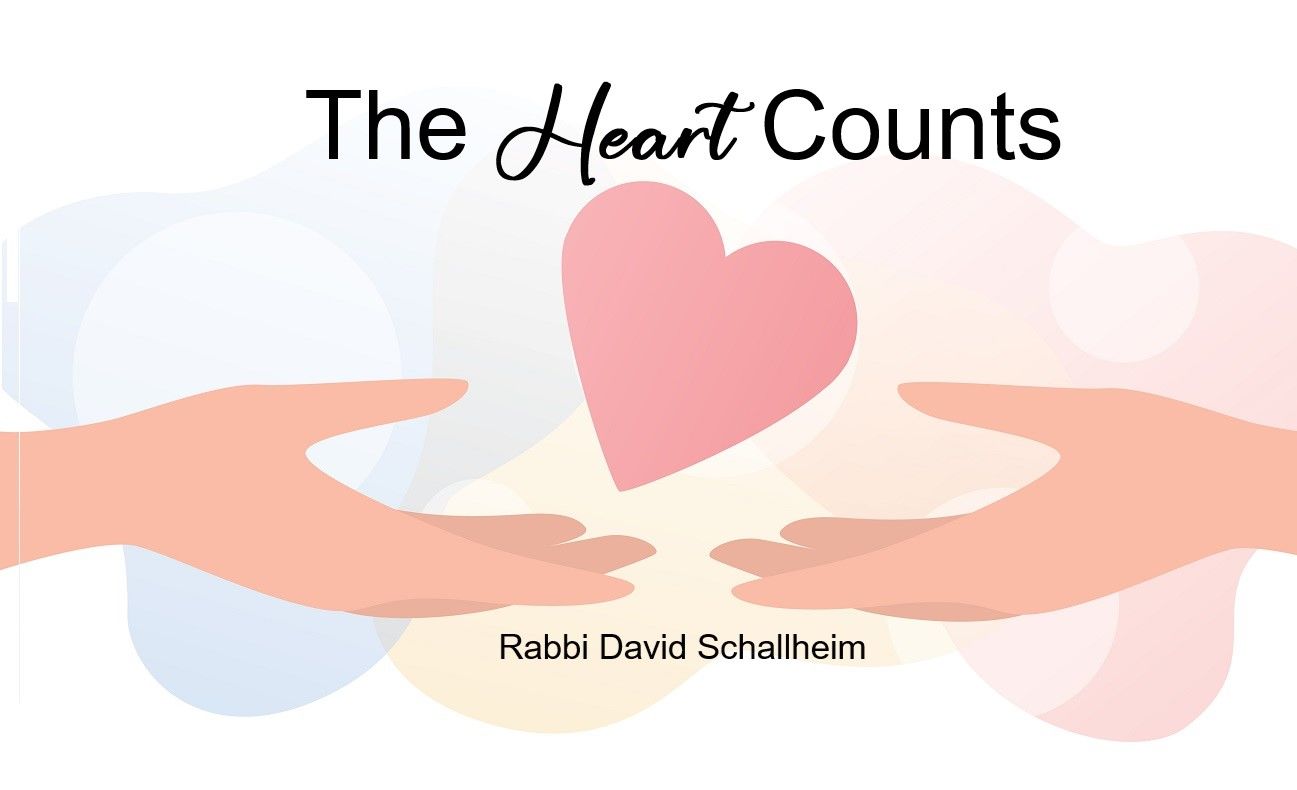
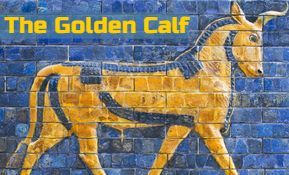
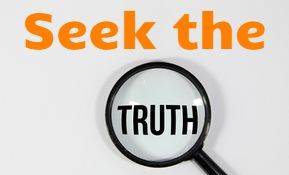
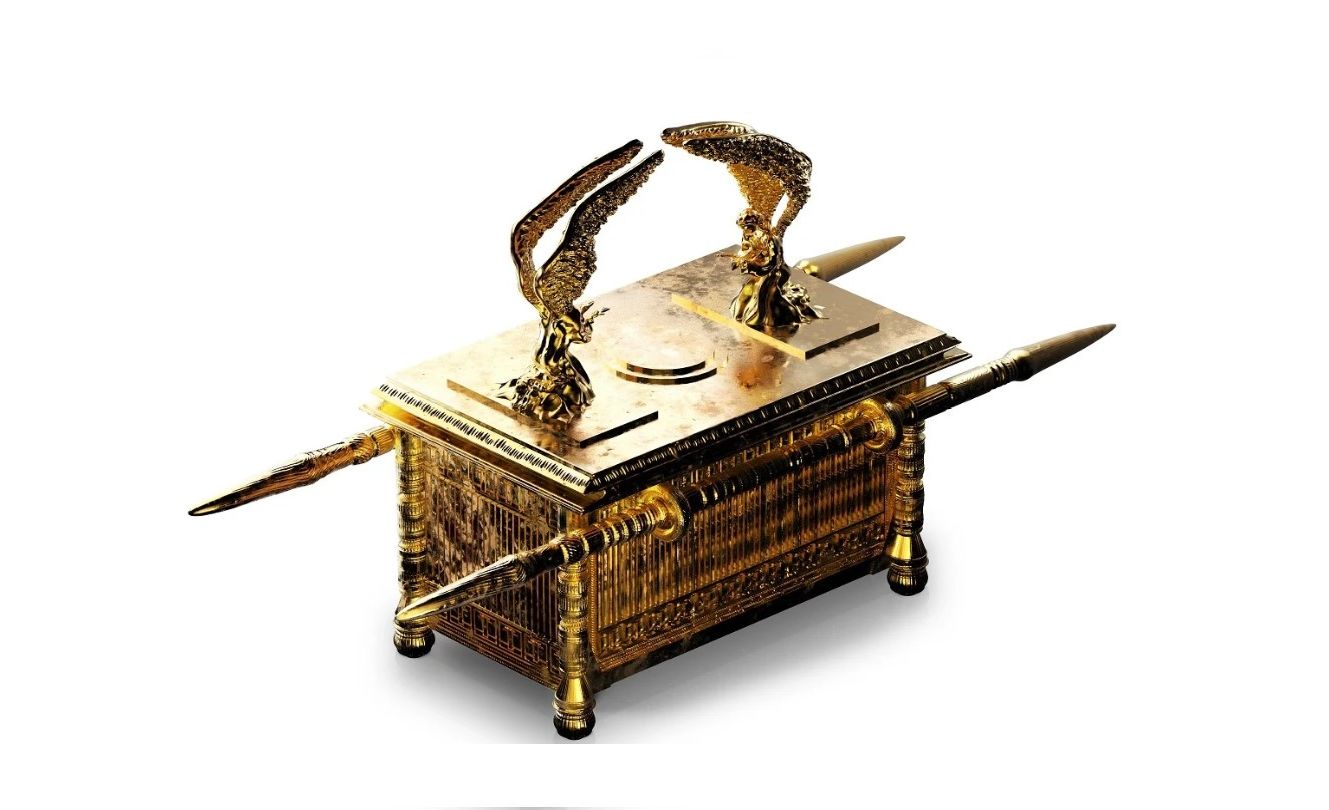

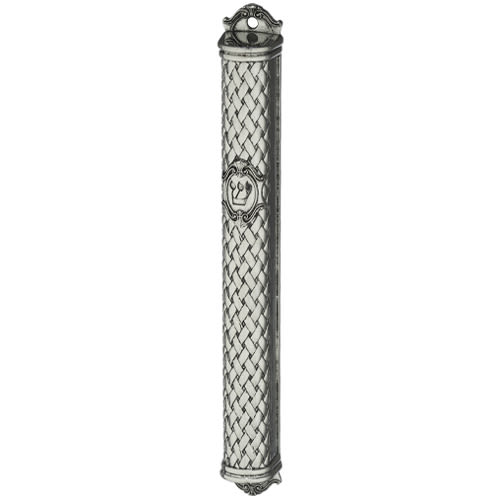
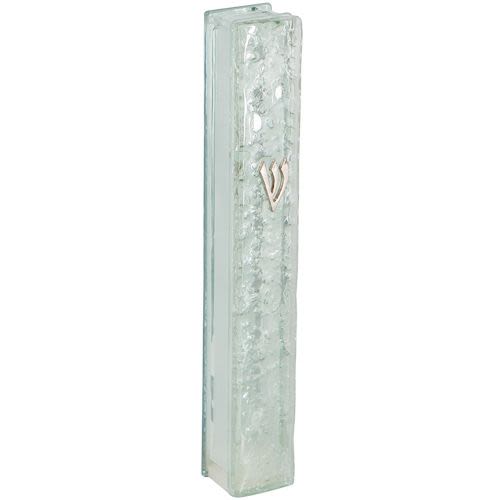
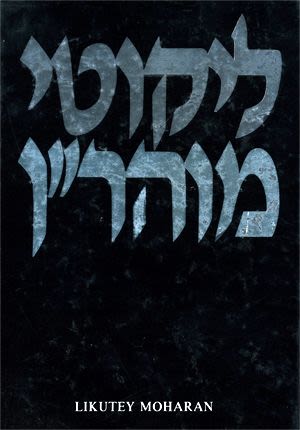
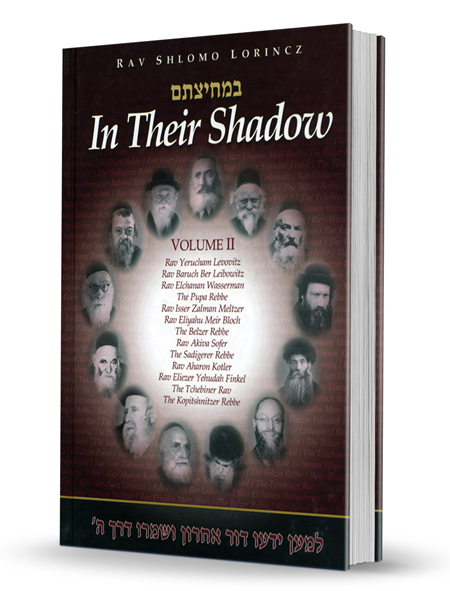
Tell us what you think!
Thank you for your comment!
It will be published after approval by the Editor.